Description
Butene: A Versatile Building Block in the Chemical World
Butene, also known as butylene, is a fascinating class of organic compounds playing a vital role in various industrial processes and everyday products. Belonging to the alkene family, butenes are characterized by their four carbon atoms and a single carbon-carbon double bond. This simple structure unlocks a surprising range of applications, solidifying butene’s position as a versatile building block in the chemical world.
Understanding the Isomers:
The beauty of butene lies in its isomeric diversity. The location of the double bond and the arrangement of the methyl group lead to several distinct forms:
- 1-Butene: The double bond is located between the first and second carbon atoms.
- 2-Butene: The double bond resides between the second and third carbon atoms.
- Isobutene (2-Methylpropene): A branched isomer with three carbon atoms forming a chain and a methyl group attached to the central carbon.
Furthermore, 2-butene exists as two stereoisomers: cis-2-butene and trans-2-butene, depending on the orientation of the methyl groups around the double bond. Each isomer possesses slightly different physical and chemical properties, influencing their suitability for specific applications.
Production and Sources:
Butenes are primarily obtained as byproducts during the refining of petroleum and the cracking of heavier hydrocarbons, such as naphtha or gas oil. These processes break down large hydrocarbon molecules into smaller, more valuable components, including butenes. The resulting mixed butene streams are then separated using various techniques like distillation or extraction.
Key Applications:
The diverse applications of butene stem from its reactive double bond, which allows it to participate in a wide array of chemical reactions. Some of the most prominent uses include:
- Polymer Production: Butene is a crucial comonomer in the production of polymers like polyethylene (PE) and polypropylene (PP). Adding butene to the polymerization process enhances the flexibility, strength, and processability of these materials. This is particularly important in manufacturing plastic films, packaging, and various molded products.
- Production of Butadiene: 1-Butene serves as a feedstock for the production of butadiene, a key ingredient in synthetic rubber manufacturing. Butadiene is used to make tires, hoses, seals, and other rubber-based products.
- MTBE and ETBE Synthesis: Isobutene reacts with methanol or ethanol to produce methyl tert-butyl ether (MTBE) and ethyl tert-butyl ether (ETBE), respectively. These compounds were once widely used as gasoline additives to increase octane levels and reduce engine knocking. However, due to environmental concerns, MTBE usage has declined in some regions, and ETBE is gaining popularity as a more sustainable alternative.
- Chemical Intermediates: Butenes serve as building blocks for the synthesis of various other chemicals, including butanone (methyl ethyl ketone or MEK), a common solvent, and various specialty chemicals used in pharmaceuticals, agrochemicals, and other industries.
- Fuel Additives: Although less common than MTBE and ETBE , butenes themselves can be used as fuel additives to improve combustion and reduce emissions.
Environmental Considerations:
While butenes are essential industrial chemicals, their use raises environmental concerns. Butenes are volatile organic compounds (VOCs) and can contribute to ground-level ozone formation and smog. Therefore, industries utilizing butenes must implement measures to minimize emissions, such as vapor recovery systems and efficient combustion technologies. Ongoing research focuses on developing more sustainable production methods and exploring alternative feedstocks for butene production.
Looking Ahead:
Butene’s versatility ensures its continued importance in the chemical industry. As technology advances, new applications and more sustainable production pathways are likely to emerge. Research into bio-based butene production from renewable resources offers a promising avenue for mitigating environmental impacts and ensuring a long-term, sustainable supply of this crucial chemical building block. By understanding the properties, production, and applications of butene, we can appreciate its significance in shaping the products and technologies that underpin modern life.

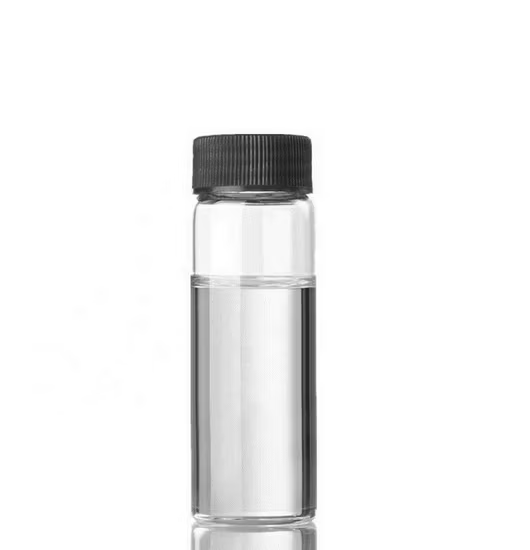
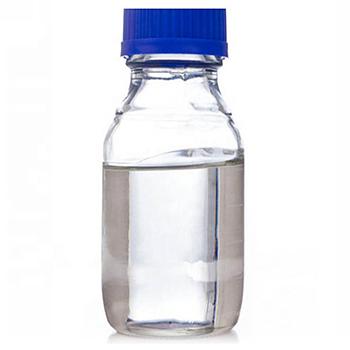
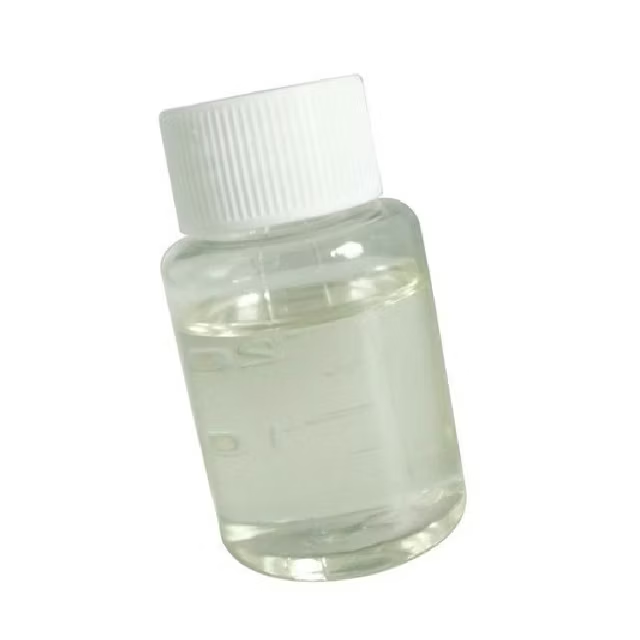
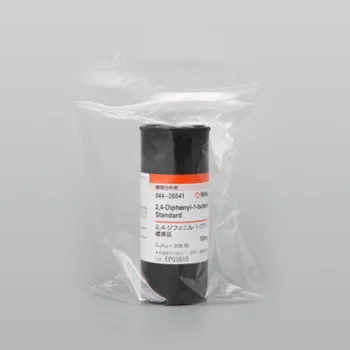
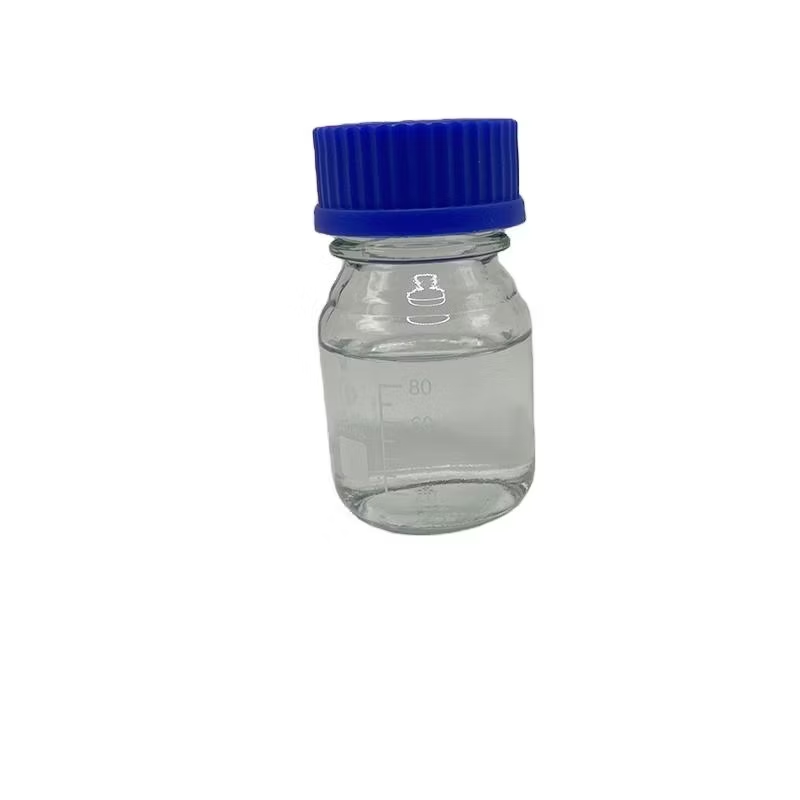
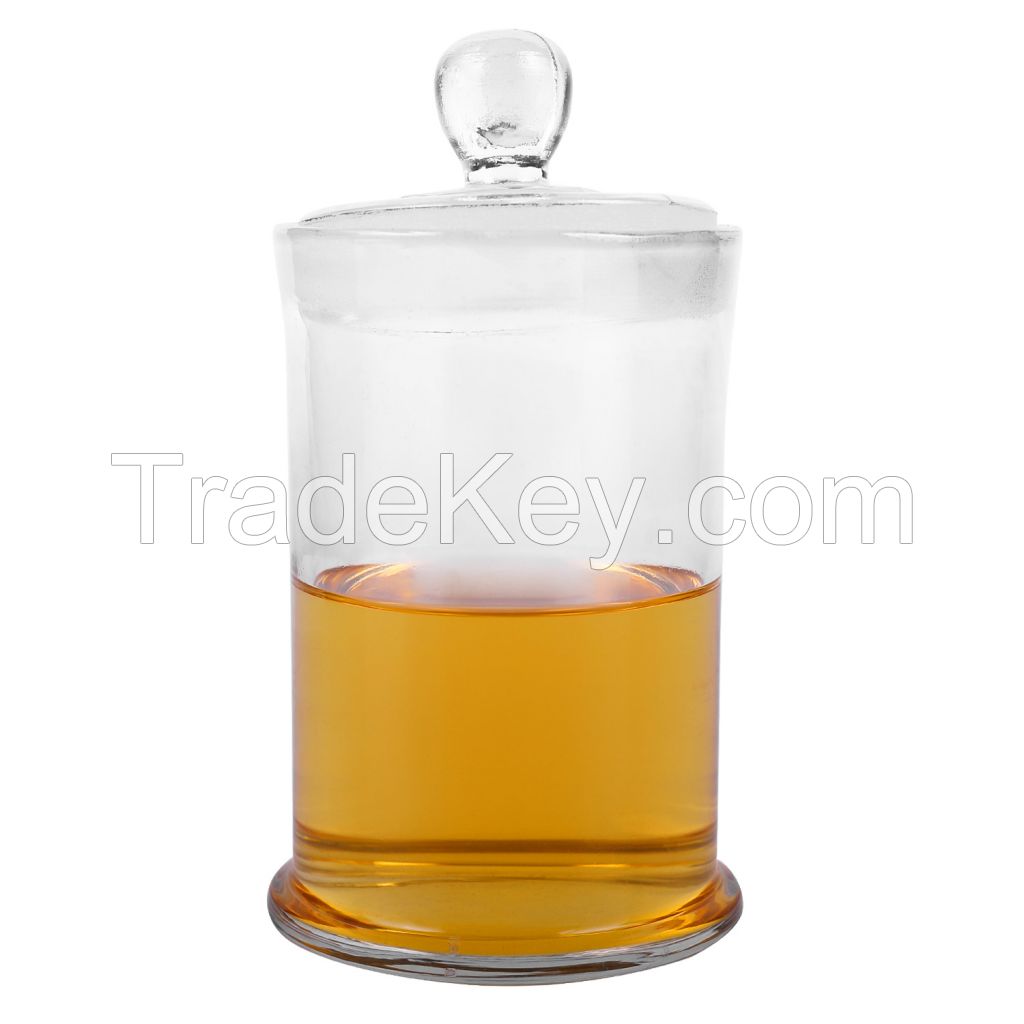

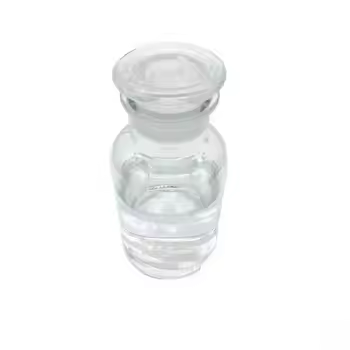

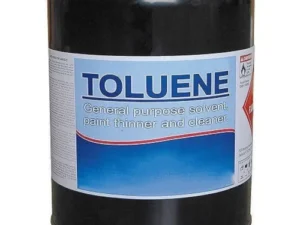

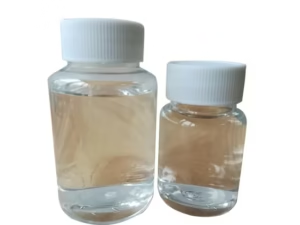

Reviews
There are no reviews yet.